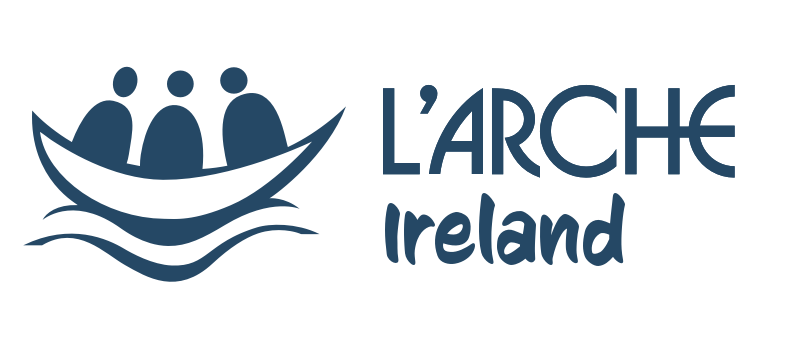Cash & Non Cash Handling Procedures
Cash handling procedures and money management are important to protect the organisation from fraud, theft or embezzlement, to protect members of L’Arche Ireland or volunteers from accusations of dishonesty and to assure donors that their donations and gifts are used for the purpose for which they were given.
In L’Arche we appreciate the time and effort that all our volunteers put into the fundraising activities. That is why we have tried to reconcile the fundraising practices within the organisation with the formal procedure, in order to insure the current document is both compliant and relevant.
We recognise the vital importance of ensuring that all the money we receive is accounted for. However, we also realise that for practical reasons, the way to acknowledge individual donations in each case might vary.
That is why we have introduced a distinction between one-off donations within the frame of an event (such as during coffee mornings and church gate collections) and other one-off donations. For this document, the former will be referred to as “donations during events”, whereas the later will be referred to as “donations”.
General
Banking
Reconciliation
Cash handling at events
Planning –
At event –
Managing supporters
Donor activities –
Fundraising on behalf of L’Arche –
Relations with Volunteers –
Non cash donations
Non cash collections may comprise cheques, postal orders, credit card details, gift cards or other means. They may be handed over in person at events or received through the post.
Handling postal donations
T. +353 (0)56 7755494
E. admin.central@larche.ie
L’Arche Ireland
‘An Siol’, 42 West Street
Callan,
Co. Kilkenny
R95 E368
